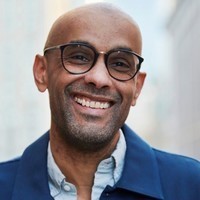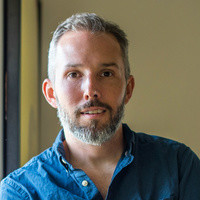My Father's Voice
Remembering George Plimpton’s old-fashioned style.
Above all, he was a gentleman, one of the last—a figure so archaic, it could be easily mistaken for something else. No, my father’s voice was not an act, something chosen or practiced in front of mirrors: he came from a different world, where people talked differently, and about different things; where certain things were discussed, and certain things were not—and his voice simply reflected this.











